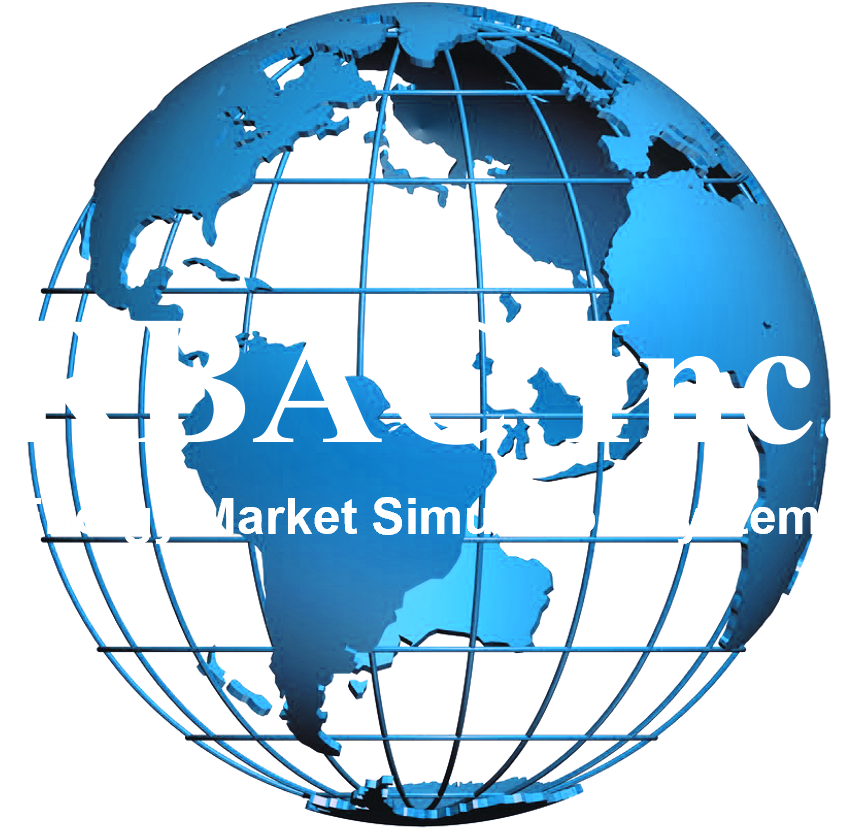In a recent discussion between Cyrus Brooks and Armando Cavanha, the two explored Bill Gates’ latest reflections on climate policy, his article “Three Tough Truths About Climate,” and what his evolving stance reveals about the intersection of energy, economy, and human welfare.
As global leaders and innovators reconsider how to balance environmental ambition with real-world development needs, a new theme is emerging — climate progress must go hand in hand with prosperity.
Here are some of the key insights:
A Shift in Gates’ Message
For decades, Bill Gates has been one of the most visible figures in the climate conversation. But in his recent essay, Gates struck a different tone — acknowledging that while climate change is a serious issue, it will not bring about the end of civilization.
This shift away from alarmism suggests a move toward realism and practicality.
Cyrus Brooks pointed out that Gates’ message echoes what many in the energy sector have been emphasizing for years: the world is warming, but panic and fear are not solutions. Effective energy policy, Brooks argued, must empower societies to build resilient economies capable of adaptation and growth.
Measuring Progress by Human Welfare
Gates’ second “truth” challenges how we measure progress on climate change. Instead of focusing solely on temperature, he suggests that human welfare — health, prosperity, and opportunity — should be the real benchmark of progress.
This aligns closely with the ideas of Alex Epstein and others who argue that energy is the foundation of human flourishing.
Brooks elaborated, explaining that energy means work, activity, and participation in the modern economy. Without access to affordable energy, communities remain trapped in poverty and dependency. True climate solutions must enable economic participation, not restrict it.
Prosperity as the Best Defense Against Climate Change
Gates’ third truth — that health and prosperity are the best defense against climate change — underscores a key point: environmental progress is impossible without economic strength.
“How are they going to afford climate change if they cannot afford shoes on their feet? You know what I mean? This is absurd, right?” — Cyrus Brooks
This perspective aligns with RBAC’s mission to improve energy decision-making through advanced modeling tools.
RBAC’s Global Gas Market Model (G2M2) allows policymakers and industry leaders to simulate global gas flows, evaluate market shifts, and understand how policy decisions affect both supply and affordability.
By grounding planning in real data rather than speculation, RBAC helps guide energy development that supports prosperity and environmental goals.
The Energy Equation: Balancing Growth and Emissions
Brooks and Cavanha also discussed the practical realities of energy transition. Technologies such as methane detection, carbon capture, and hydrogen production offer promise — but all require investment.
“If there’s no money you can do very little for the climate.” — Cyrus Brooks
From the coal-choked skies of the Industrial Revolution to today’s emerging economies, history shows that cleaner technologies follow prosperity — not the other way around.
Regions in Africa, South America, and Asia need reliable, affordable energy to industrialize before they can meaningfully reduce emissions.
Natural Gas and the Path Forward
While Gates referenced hydrogen and sustainable fuels as long-term solutions, Brooks emphasized that natural gas remains the essential bridge fuel of our time.
It offers scalability, lower emissions than coal, and the flexibility needed to integrate renewables effectively.
“Energy companies, such as ourselves, can actually help. We are enabling these companies to invest. We actually can service all these people because in the end, we need a bunch of money to go in and create infrastructure and to create all of these tools that make this happen.” — Cyrus Brooks
(These companies include: Pipeline companies, upstream companies, service providers, investors, banks.’)
A Call for Balance and Realism
In closing, Brooks underscored the importance of balance. Poverty reduction and improved living standards must take priority over abstract temperature targets.
“Because I think then with that, even with a warming climate, right, people do care about the environment, right? And so if you had more people able to help, I believe they will help.” — Cyrus Brooks
At RBAC, Inc., this principle lies at the heart of our work. Through scenario-based market analysis, we empower leaders to move beyond slogans and toward solutions that make both economic and environmental sense.
Modeling energy with precision means modeling the future — with human welfare at the center.
Have any questions about the content covered or interest in a demonstration of our market simulation tools? Contact us today by clicking here.
RBAC, Inc. has been the leading provider of market fundamental analysis tools used by the energy industry and related government agencies for over two decades. The GPCM® Market Simulator for North American Gas and LNG™ is the most widely used natural gas market modeling system in North America. RBAC’s G2M2® Market Simulator for Global Gas and LNG™ has been instrumental in understanding evolving global gas and LNG dynamics and is vital in fully understanding the interrelationship between the North American and global gas markets.


